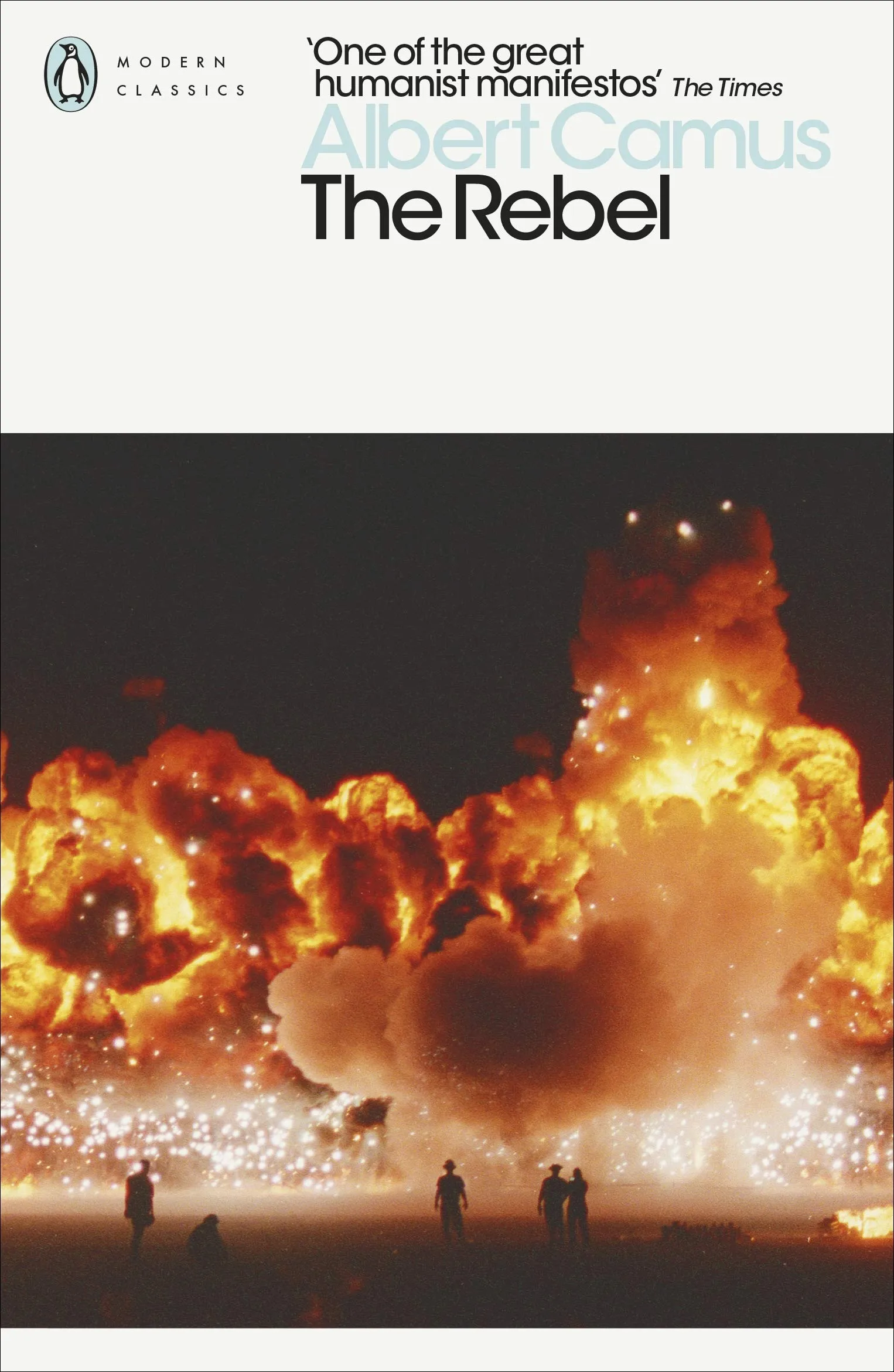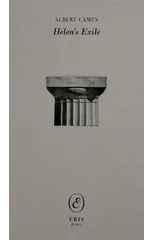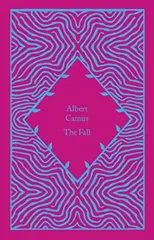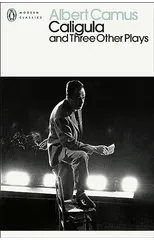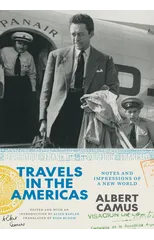Translated by Anthony Bower With an Introduction by Oliver Todd 'A conscience with style' V.S. Pritchett The Rebel (1951) is Camus's 'attempt to understand the time I live in' and a brilliant essay on the nature of human revolt. Here he makes a daring critique of communism - how it had gone wrong behind the Iron Curtain and the resulting totalitarian regimes. And he questions two events held sacred by the left wing - the French Revolution of 1789 and the Russian Revolution of 1917 - that had resulted, he believed, in the use of terrorism as a political instrument. In this towering intellectual document, Camus argues that hope for the future lies in revolt with revolution - a chance to achieve change without losing our freedom. 'The last French intellectual to take the side of humanity and talk its language . . . a figure of immense moral stature' Sunday Times Winner of the Nobel Prize for Literature
Albert Camus
Albert Camus was a French-Algerian writer, philosopher, and journalist known for his contributions to existentialism and absurdism. His most notable works include "The Stranger," "The Plague," and "The Myth of Sisyphus." Camus' writing style is characterized by its clarity, simplicity, and exploration of the human condition in the face of a meaningless universe. He won the Nobel Prize in Literature in 1957 for his powerful and thought-provoking works. Camus' impact on literature can be seen in his ability to capture the essence of existential themes and challenge societal norms. "The Stranger" remains his most famous work, exploring themes of alienation, absurdity, and the search for meaning in a world devoid of inherent purpose.
